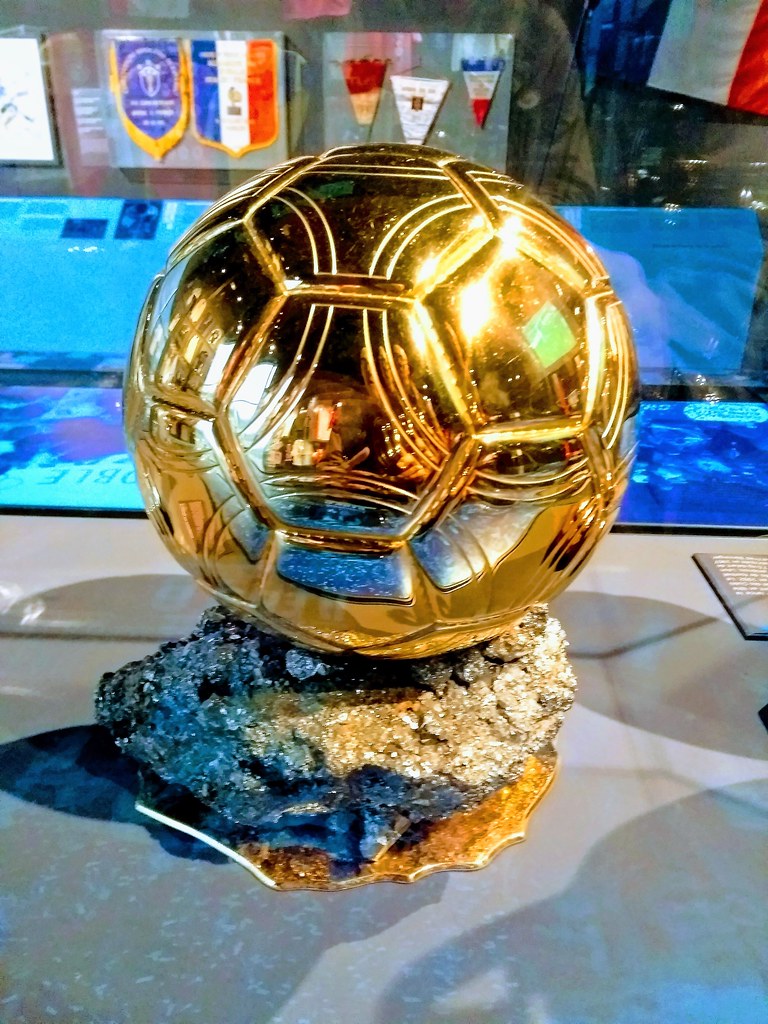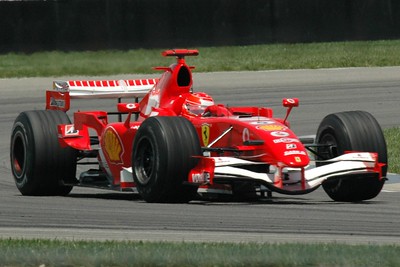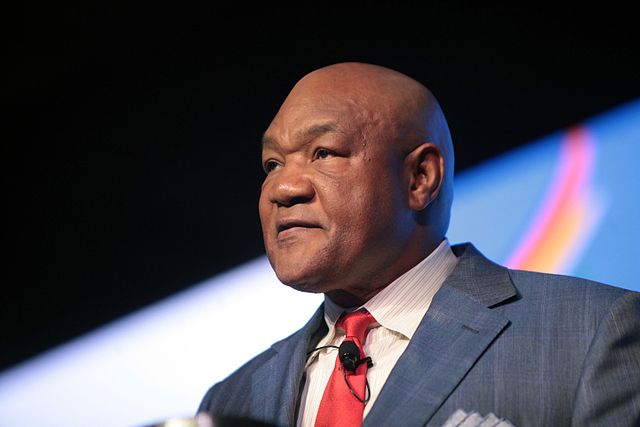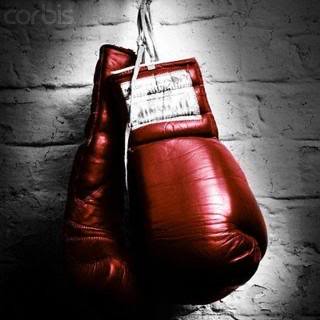The seventh winner of the "Golden Ball" - Josef Masopust
A surprise chart winner in 1962
The award for the best football player in Europe in 1962 was won by Josef Masopust from Czechoslovakia. The Dukla Prague midfielder is the first from his country to receive the Ballon d'Or. This happens in the month of December, and Masopust marks its 10th season in Dukla with an incredible achievement. However, it is mainly due to the performance of the national team of Czechoslovakia, which reached the final of the world championship in Chile.
Thanks to the World Cup, Masopust collected the most points of all in the ranking – 65, which is 12 more than the Portuguese Eusebio, who with his Benfica also shines in the European tournaments. Karl-Heinz Rummenigge from Köln was third. The German collects 33 points. A total of 9 of the 19 journalists from countries that are members of the European football powerhouse UEFA give their first place vote to Masopust. Three have placed him in second position, two in third, and one in fourth. Eusebio is the best according to four, five leave him second, three third, one fourth and two in the last place giving a point asset - the fifth. Another representative from a country that is part of the former Eastern Bloc remains outside the troika. This is Dragoslav Sekularac from Yugoslavia, playing for his home club team Red Star.
After Omar Sivori's triumph the previous year, the first Serie A representative to enter the Ballon d'Or standings in 1962 was Gianni Rivera, who finished sixth. And Sivori himself is outside the top 10 with only 4 points. Bulgarians among the best are again not present.
Masopust had a huge impact on the title, with his Dukla triumphing in the Czechoslovak championship by 3 points ahead of second-placed Slovan Nitra. This is the team's second consecutive title from the local championship. In the European Champions Cup tournament, Dukla reached the quarter-finals before losing to Tottenham, who were eliminated in the next phase by future champions Benfica with Eusebio in their ranks. The Portuguese led the "Lisbon Eagles" to a second consecutive triumph, but this proved to be not enough for the first place in the standings for the "Golden Ball".
The World Cup in Chile is pivotal for the Ballon d'Or for the first time in history. On the pitches in the South American country, Masopust shines, although he scores only one goal for Czechoslovakia. The midfielder scored in the final against Brazil to open the scoring at the Estadio Nacional in the capital Santiago, but Brazil quickly equalized and then won 3-1. Czechoslovakia also met the Seleção in the groups, where the two teams finished 0:0, and the victory over Spain was enough to qualify for the quarter-finals, despite the defeat by Mexico. Masopust had very strong performances in the successes against the mighty teams of Hungary and Yugoslavia, although he was not among the scorers.
To this day, Josef Masopust is an absolute legend of football, although another compatriot of his has triumphed with the most prestigious individual award in football. This is Pavel Nedved in 2003. Still, the Czechoslovak's honor shows that individual performance at world finals can play a huge role in such an accolade. The European participation of his club team Dukla Praha is also not to be underestimated, and the championship in which he competes is far from the strongest and these days it is practically impossible to see a competitor from the championships of the Czech Republic or Slovakia even get into the top 30 in the order for this prize.




